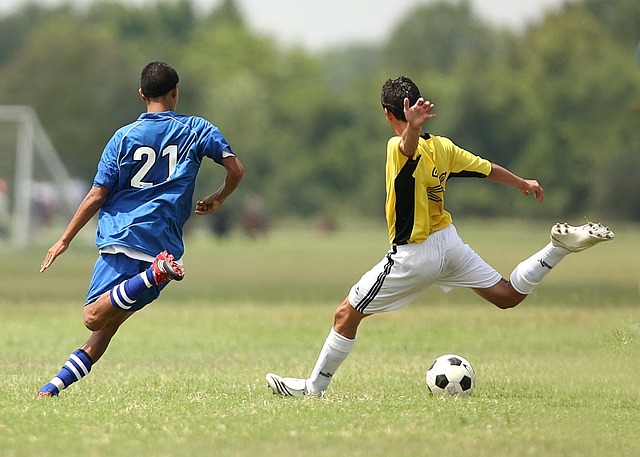Sports betting is not just about statistics, player performance, or team rankings. External factors, such as weather conditions, can significantly influence the outcome of games. Understanding how weather impacts sports allows bettors to make more informed decisions and avoid unexpected losses caused by overlooked environmental factors.
Why Weather Matters in Sports Betting
Weather conditions affect both player performance and game dynamics. Rain, wind, snow, or extreme heat can change strategies, scoring patterns, and even injury risks. Bettors who factor in weather can gain an edge over those relying solely on stats and team history.
Even small variations, like humidity or temperature, can impact endurance, ball behavior, and the pace of the game. Recognizing these subtle influences is key to accurate predictions.
Sports Most Affected by Weather
While most sports are impacted to some degree, outdoor games are especially sensitive to weather conditions.
| Sport | Weather Impact | Typical Considerations |
|---|---|---|
| Football (Soccer) | Rain or wind affects ball control | Goals may be harder to score, more draws |
| American Football | Rain, snow, or wind affects passing | Adjustments to running vs passing plays |
| Baseball | Wind and rain influence ball flight | Home runs and fielding errors vary |
| Tennis | Wind and temperature affect ball spin | Player endurance and shot accuracy |
| Golf | Rain, wind, or temperature alters play | Club selection and course difficulty |
Indoor sports are generally less affected, but outdoor conditions leading up to games can still influence player condition or attendance.
How Weather Influences Betting Lines
Bookmakers often adjust odds based on expected weather conditions. For instance:
- Heavy rain may reduce scoring in football, making “under” bets more attractive.
- Strong winds in baseball stadiums can impact home run potential, influencing total runs betting.
- Snow in American football may favor running-heavy teams, affecting point spreads.
Ignoring these adjustments can lead to misinformed bets and missed opportunities.
Examples of Weather Effects

Rain and Wind in Football
Rain and wind slow down the pace of play and make passing more difficult. Teams that rely heavily on aerial strategies may struggle, while physically strong, ground-focused teams can gain an advantage. Bettors should evaluate each team’s adaptability to adverse conditions.
Extreme Heat or Cold
Extreme temperatures affect player stamina and increase injury risk. Tennis and golf players may fatigue faster, affecting performance in later rounds or holes. In football, hot weather can reduce high-intensity sprints, while cold can slow gameplay and create more mistakes.
Snow in Outdoor Sports
Snow alters footing, ball behavior, and visibility. American football games in snowy conditions often have fewer points, favoring “under” bets, and unpredictable turnovers. Bettors who ignore snow’s influence may misjudge scoring potential.
Using Weather in Betting Strategy
Incorporating weather into betting decisions requires careful observation and research:
- Check Forecasts: Review multiple sources to get accurate weather predictions for game time.
- Analyze Team Adaptability: Some teams perform better in specific conditions. Home advantage may be amplified or diminished.
- Adjust Bet Size and Type: Consider focusing on totals, point spreads, or alternative markets that align with expected conditions.
- Monitor Live Conditions: In sports with live betting, weather changes during the game can create opportunities for informed wagers.
Properly factoring weather into your analysis improves decision-making and reduces risk from unexpected environmental influences.
Limitations of Weather-Based Betting

While weather is a valuable factor, it is not a guaranteed predictor of outcomes. Teams may adapt, and unexpected events like last-minute roster changes or indoor stadium conditions can override weather effects.
Weather analysis works best in combination with traditional statistical evaluation, not as a sole strategy. Bettors should avoid overemphasizing weather and maintain disciplined bankroll management.
Conclusion
Weather conditions can have a significant impact on sports outcomes and betting results. By understanding how rain, wind, snow, and temperature influence play, bettors can make smarter decisions, adjust strategies, and better predict scoring patterns.
Incorporating weather into betting research provides a competitive advantage, but it should always complement broader analysis rather than replace it. Awareness, preparation, and adaptability are key to leveraging weather factors effectively in sports betting.
